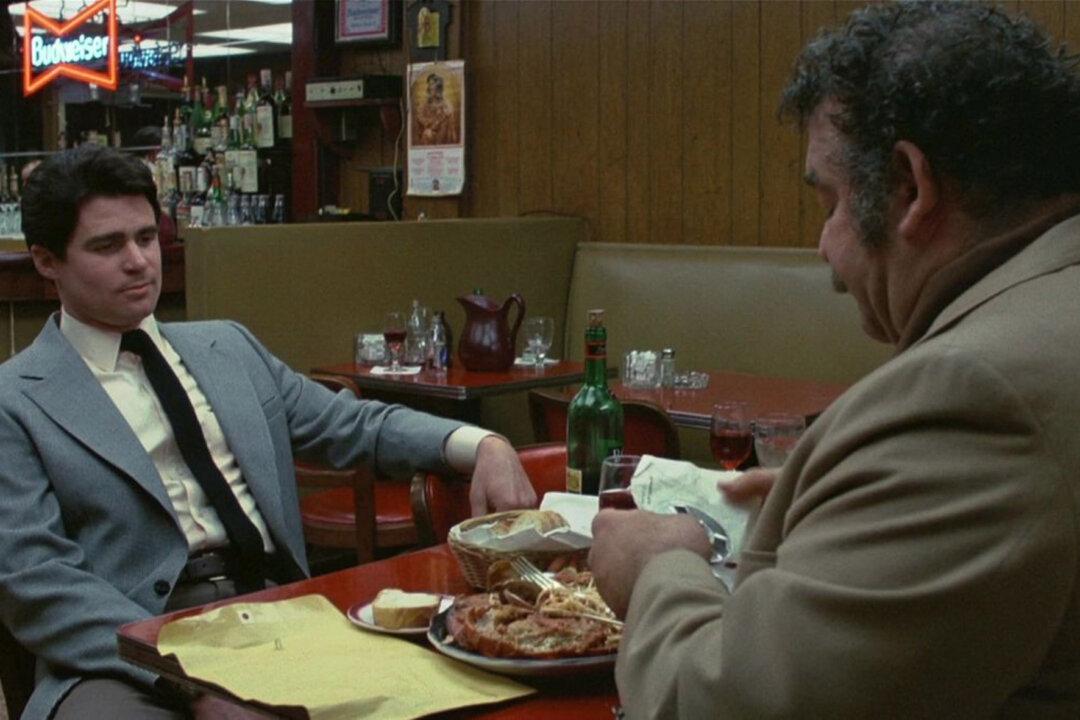R | 2h 47m | Crime, Drama | 1981
Director Sidney Lumet, much like the real-life figure he depicted in the 1973 film “Serpico,” Frank Serpico, is known for shining a bright light on the shadows of corruption, particularly when it comes to law enforcement and the criminal justice system as a whole.






